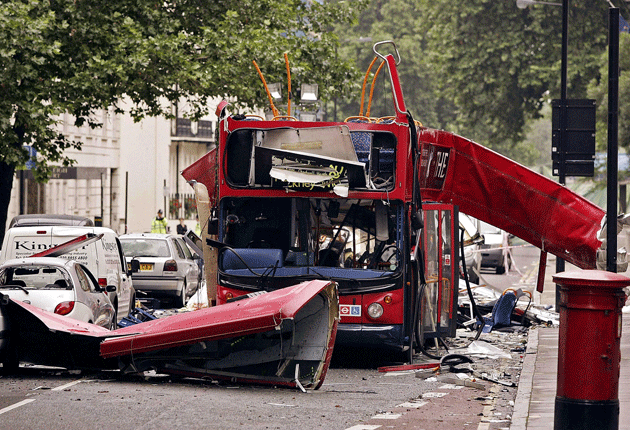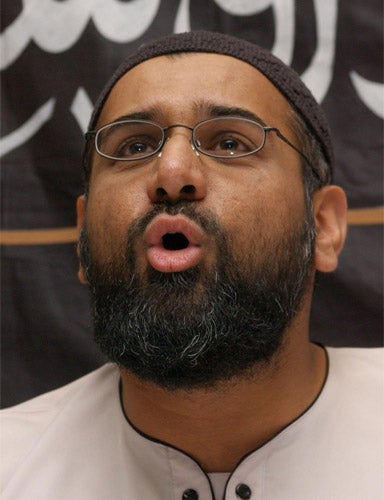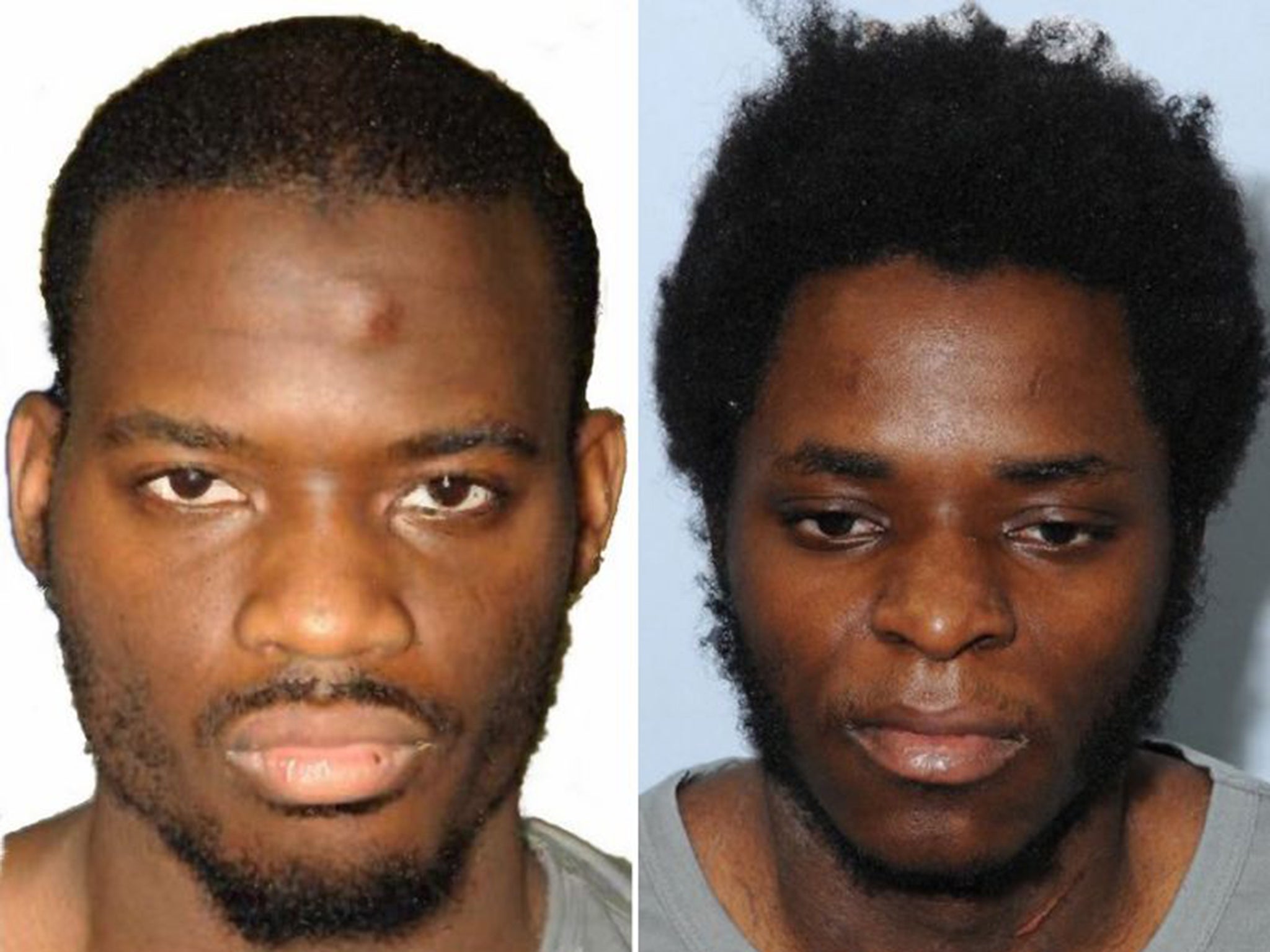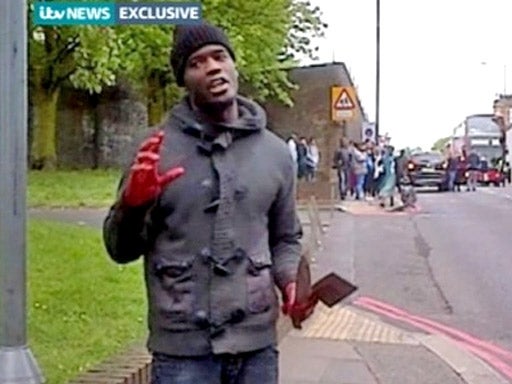Radical Islamist group al-Muhajiroun linked to half of British terror attacks in past 20 years
Al-Muhajiroun has been linked to around half of terror attacks planned or carried out at home and abroad

The 7/7 attacks, the murder of fusilier Lee Rigby, the plot to blow up planes with liquid bombs and the plot to blow up the Ministry of Sound nightclub are among the 23 planned terrorist attacks that have been linked to one single radical group operating in the UK over the past two decades: al Muhajiroun.
According to a new book by terrorism expert Raffaello Pantucci, al Muhajiroun, a banned network in the UK, has been linked to a number of plots and attacks carried out both in Britain and abroad since 2000.
The book, entitled We love death as you love life – which Pantucci said is a "catchphrase" used by many of the attackers in their propaganda - claims that 23 out of 51 of these terror plots either carried out or foiled by police in the UK and abroad have been linked to al-Muhajiroun.
One of the first incidences detailed is that of Mohammed Bilal, considered to be Britain’s first suicide bomber, who blew himself up in Kashmir on Christmas Day in 2000, killing nine people, and who al-Muhajiroun’s founder Omar Bakri Muhammad said had been one of his students.
Pantucci, the director of international security studies at the Royal United Services Institute for Defence and Security Studies (RUSI), then details the links that other major plots have had to the group.



In the foiled plot to attack the Ministry of Sound nightclub and the Bluewater shopping centre in 2004, the four who were jailed had been al-Muhajiroun members.
In the 7/7 London bombings, which killed 52 people, two of the terrorists responsible had met Omar Khyam, a supporter of al-Muhijaroun, and both of Lee Rigby’s killers had attended events held by the group.
Founded in 1983 by Islamist Omar Bakri Muhammad, al-Muhajiroun became notorious for campaigning for the implementation of sharia in Britain and for calling the 9/11 hijackers the “Magnificent 19”. Its co-founder, the radical activist Anjem Choudary, was found to have led a network of groups that had become the “single biggest gateway to terrorism in recent British history” in 2013.
The group itself was banned in the UK in 2010 but has carried on under a number of guises in order to avoid prosecution. The Henry Jackson Society think tank claimed two years ago that one in five Islam-linked terrorists in the UK had links to the group.
